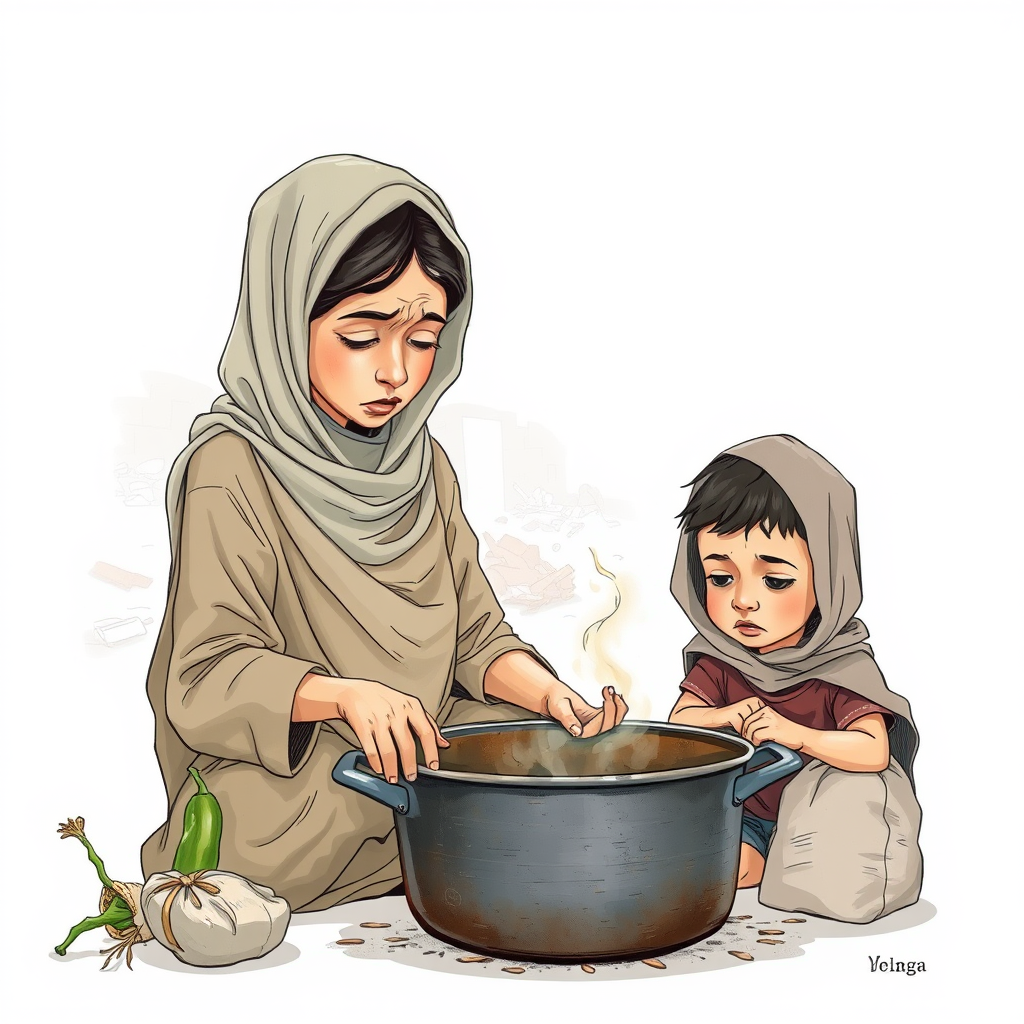Gaza’s Starvation Crisis: Families Face Impossible Choices

Gaza faces a rapidly escalating humanitarian crisis, with widespread food insecurity pushing the enclave toward famine. Residents describe a desperate struggle to afford even the most basic necessities, as prices for essential goods skyrocket amidst months of conflict, siege, and economic collapse. A mother of four from Gaza City, Reham Alkahlout, recounts scouring markets finding dwindling supplies and exorbitant costs – a kilogram of rice now costing ten dollars, a cucumber seven times its former price, and baby formula quadrupled in cost. Some items, like fruit and chicken, are simply unavailable.
International aid organizations, led by the U.N., have determined that all of Gaza meets the criteria for “Emergency” status, indicating a critical risk of famine, with 22 percent of the population already classified as facing “Catastrophe” – starvation, death, destitution, and extreme malnutrition. The Integrated Food Security Phase Classification assessment paints a grim picture, corroborated by the lived experiences of Gazans.
The crisis is compounded by Israel’s control over the entry of goods into Gaza and a total blockade on aid imposed in March, following the collapse of a brief ceasefire. While Israeli officials claim Hamas diverts aid, accusations the governing body denies, the result is a severe restriction of life-saving supplies. Even with thousands of aid trucks waiting at the border, access remains a critical obstacle.
Community kitchens, once a vital safety net, are collapsing due to soaring prices of cooking gas and flour, with UNRWA reporting their near-total shutdown is imminent. Organizations like World Central Kitchen have been forced to halt cooking operations, highlighting the urgent need for open borders and full access to deliver aid.
The situation is further destabilized by looting, targeting aid warehouses, shops, and even UNRWA facilities. While Hamas has deployed a force to combat armed criminals, the desperation of residents facing starvation is undeniable.
The most vulnerable are bearing the brunt of the crisis. The Hamas-controlled Palestinian Health Ministry reports 57 children have died from malnutrition since the aid blockade began in March. Malnourished mothers struggle to produce nutritious breast milk, and the lack of essential nutrients is devastating for infants. The cumulative effects of prolonged conflict, sleep deprivation, and limited access to food are creating a long-term health crisis.
The stories emerging from Gaza are heartbreaking. Families live in constant fear of losing loved ones, and the ability to provide even basic sustenance is dwindling. The international community must prioritize immediate and sustained access for humanitarian aid, address the root causes of the conflict, and work towards a lasting solution that ensures the safety and well-being of the people of Gaza. The current trajectory is unsustainable and demands urgent action to prevent a catastrophic loss of life.